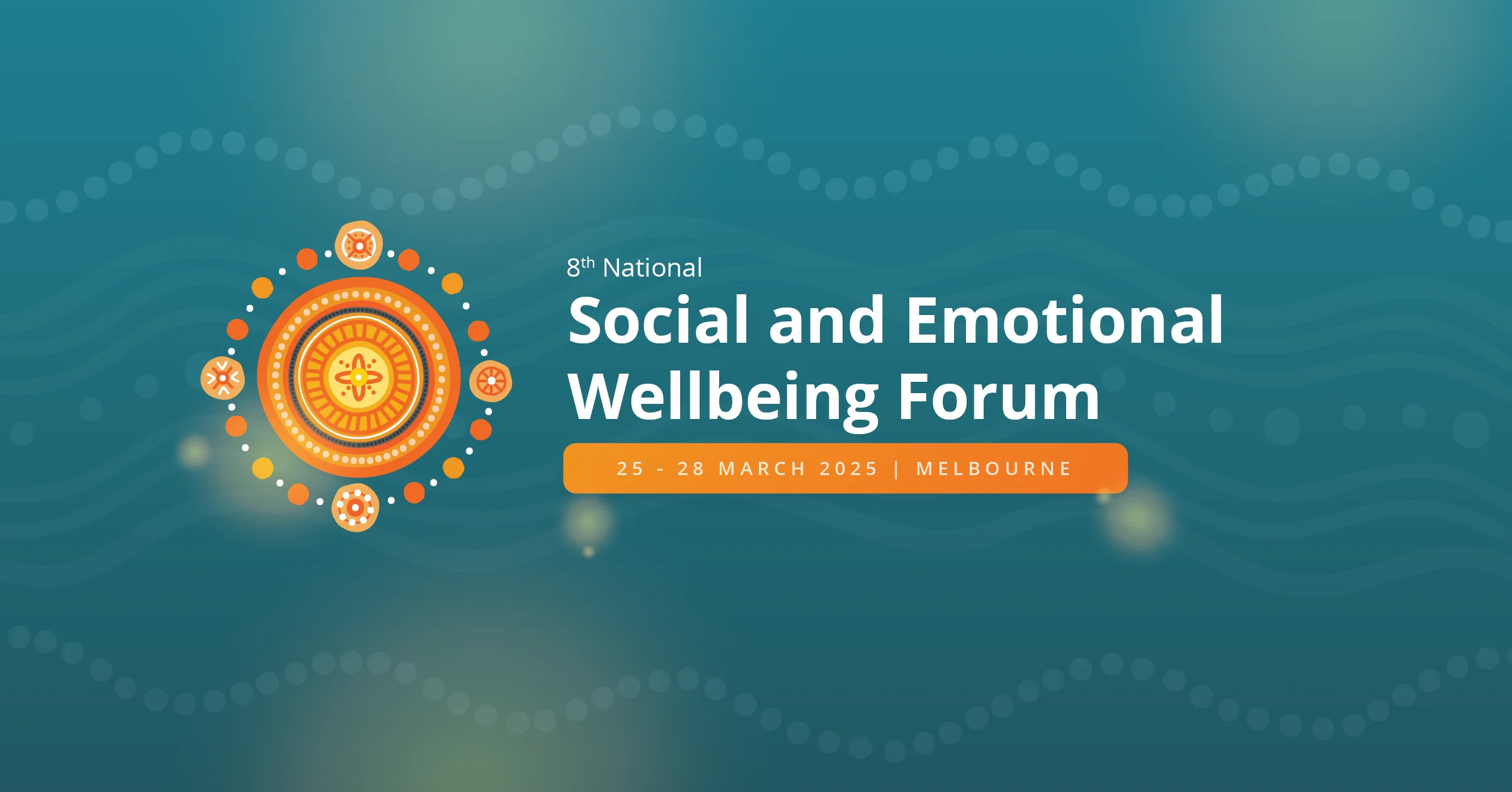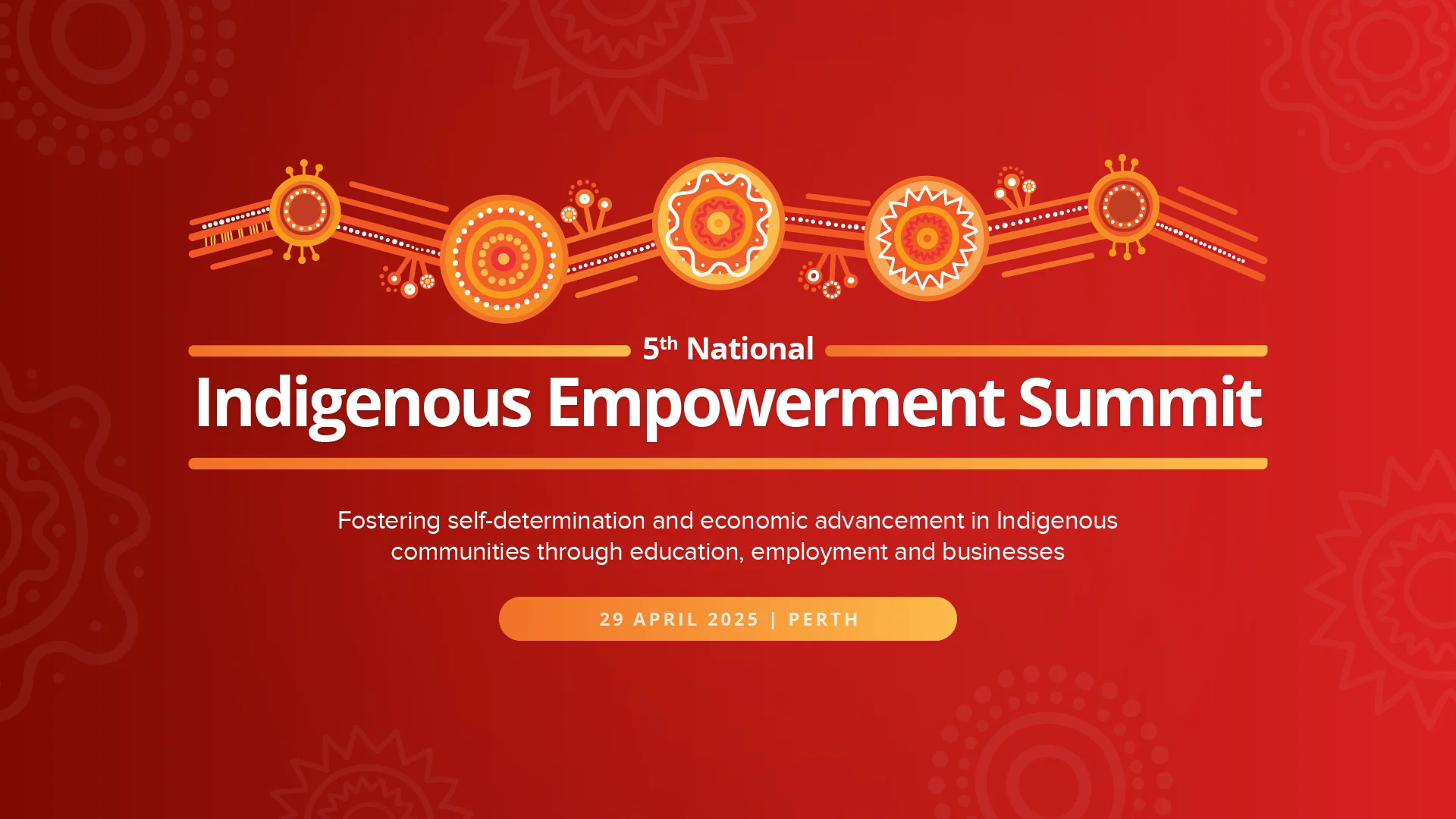Allegations of misconduct and unethical behaviour by Oxfam staff during its response to a humanitarian crisis in Haiti in 2011 and other behaviour by some working in the humanitarian aid sector has raised serious concerns about public trust and accountability in charities and triggered a statutory inquiry into Oxfam.
According to many commentators, the Oxfam scandal will have a lasting impact on public perceptions of the organisation’s trustworthiness. Some segments of the media have portrayed the humanitarian NGO sector as something of a “Wild West”, where predators can abuse freely with no check on their activities.
The gravity of the scandal means that something must be done to repair the lost trust. The most popular type of solution – one advocated in such times – involves some type of increased oversight and tighter regulation of NGOs. But we must be careful in jumping to conclusions. Not only are there already a large number of oversight and regulatory mechanisms already in existence, but the addition of more will shift resources away from the work that the government and the public value NGOs for to meet new bureaucratic requirements.
This might be unnecessary if, as we suggest, NGOs could alternatively regain trust by working to re-establish the social message that the public and government identify with NGOs in the first place.
Existing NGO regulations
Plentiful evidence does exist of the prevalence of sexual exploitation and abuse in the sector, stretching back to Save the Children’s report on offences in West Africa in 2002. But it is important to correct the misconception that regulations do not exist at the international level. On the contrary, serious work has been devoted towards developing freely accessible guidelines and practical measures to counter sexual exploitation and abuse in humanitarian contexts.
These include the Core Humanitarian Standard, Interaction, Sphere Companion Standards on Child Protection in Humanitarian Action, and an Inter-Agency Standing Committee Task Team. Certification is available to organisations deemed to have appropriate safeguarding measures from Keeping Children Safe, in addition to the background (DBS) check that UK employees working with vulnerable people undergo.
Report the Abuse (despite folding in August 2017 for lack of funding) also has extensive policy and practical recommendations for aid workers and organisations.
All of these regulations have been available for a long time, and they cover all issues. Given this, it doesn’t make good sense for NGOs to create more of them in an effort to regain the trust of the public. The reason why public trust has declined in NGOs is not necessarily because of “lack of regulations”. It goes deeper than that.
It is understandable that governments want to be seen to be doing something in an attempt to regain trust. But there is a need for caution about unveiling new initiatives without considering all options. Additional regulations and oversight are a costly means to regain trust that draw resources away from programme delivery. But, luckily, they are not the only means through which trust in NGOs can be rebuilt.
Rebuilding trust
It may seem intuitive that if an NGO has more oversight mechanisms, more people will trust it. Such oversight, after all, provides more information about their operations, from which judgements about trustworthiness can be made.
Although this model, what we call a rational model of trust, is certainly part of the story, it is certainly far from the only reason NGOs are trusted, as we have recently shown.
This is because NGOs also benefit from social trust, which is generated by feelings of common identity and working towards a common cause. Put simply, where social trust exists, the public will trust NGOs without having what might otherwise be thought of as “sufficient” information. Social links act as a trust-filler for the absent information.
So if members of the public have some type of identification with the NGO’s cause, they will tend to trust more readily – barring blatant evidence that they should not. This means that NGOs can weather brief storms of broken promises so long as they re-establish with the public the core social message that generates this identification in the first place.
The costs
NGOs and the public alike should not overlook this advantage when rallying from these recent scandals. Research suggests that a primary reason why NGOs join self-regulation mechanisms is to send a signal to donors that they are credible recipients of funding. But senior staff report concerns that bureaucratic accountability procedures can turn into a tick-box exercise that aims to provide a paper audit trail rather than transform relationships on the ground. What is more, they argue that an “industry of standard-setting” has mushroomed in recent years. NGOs struggle to comply with reporting requirements from donors and voluntary self-regulation mechanisms, often leading to the duplication of work as the same information is recycled in different formats.
So NGOs shouldn’t fall into the trap of thinking that more regulations will fix the problem of regaining the trust of the public. This outcome is not necessarily good for anyone. The NGOs find themselves burdened by increasing bureaucracy and cannot devote as many resources to the programmes that the public supports them for. Regulation adds operational costs that might ultimately be inefficient to the delivery of services, or even completely unnecessary, if NGOs can regain trust through avoiding further scandal and reconnecting their central ethical message with the public at large.
![]() Regulation based on rational trust has a place, but it is not the panacea for all ills. Organisations that have conventionally benefited from a privileged position of trust in society should ensure that they reflect on all possible sources of trust when considering the right solution to regain their perception of trustworthiness.
Regulation based on rational trust has a place, but it is not the panacea for all ills. Organisations that have conventionally benefited from a privileged position of trust in society should ensure that they reflect on all possible sources of trust when considering the right solution to regain their perception of trustworthiness.
Vincent Charles Keating, Associate Professor at the Center for War Studies, University of Southern Denmark; Angela Crack, Senior Lecturer in International Relations, University of Portsmouth, and Erla Thrandardottir, Research Associate, Humanitarian and Conflict Response Institute, University of Manchester
This article was originally published on The Conversation. Read the original article.












